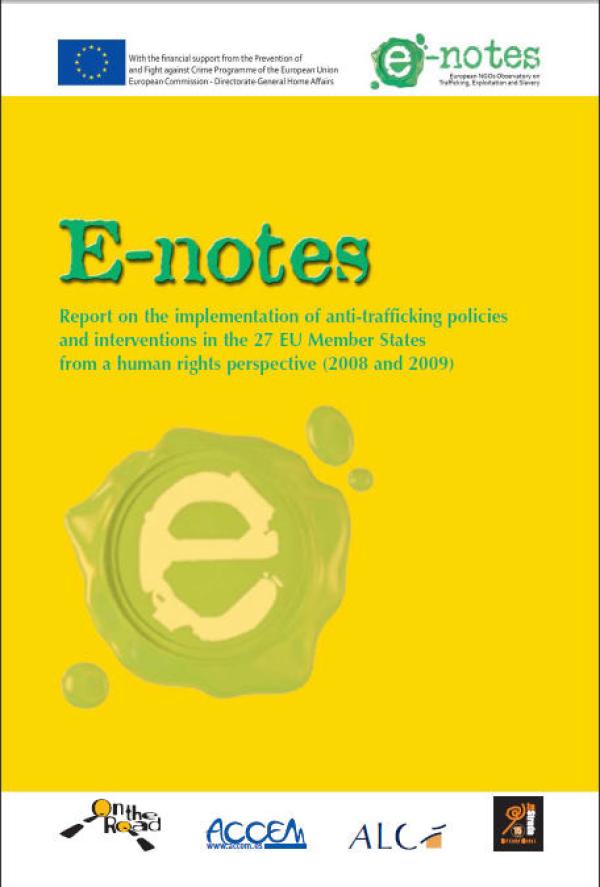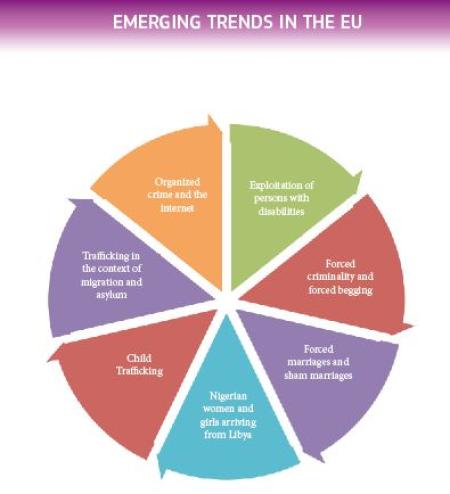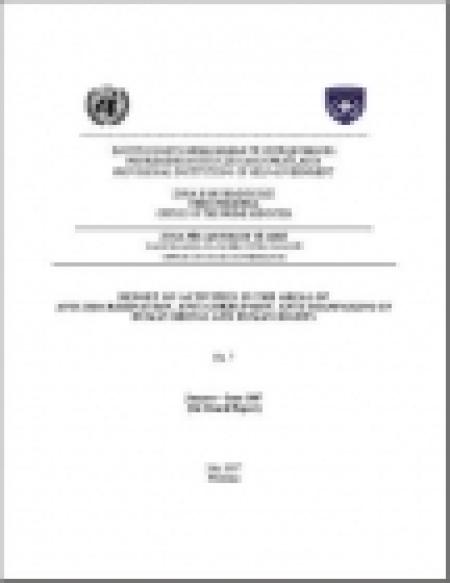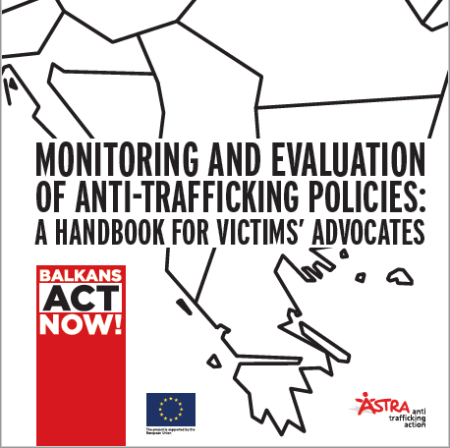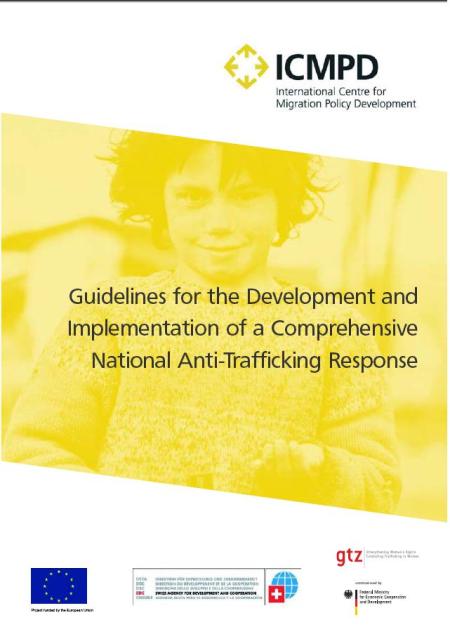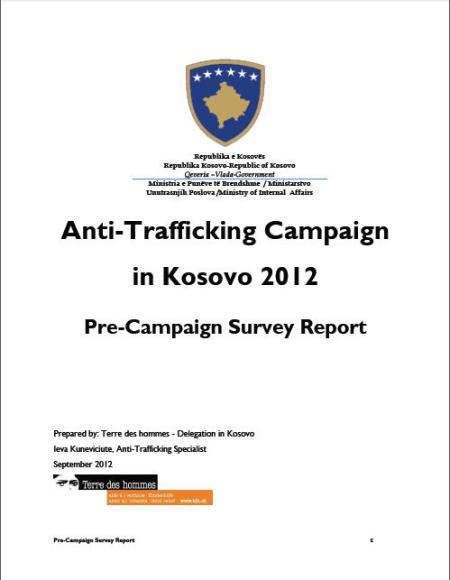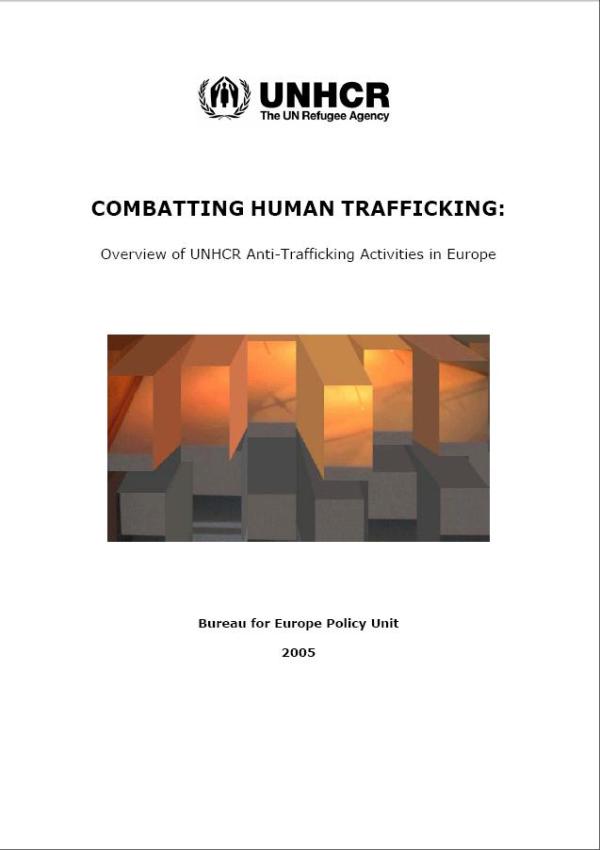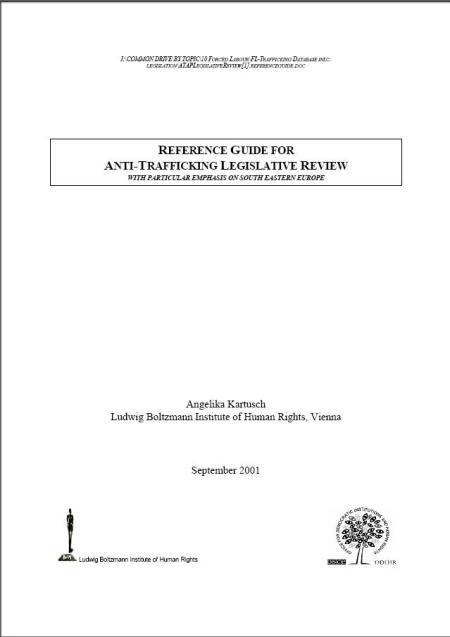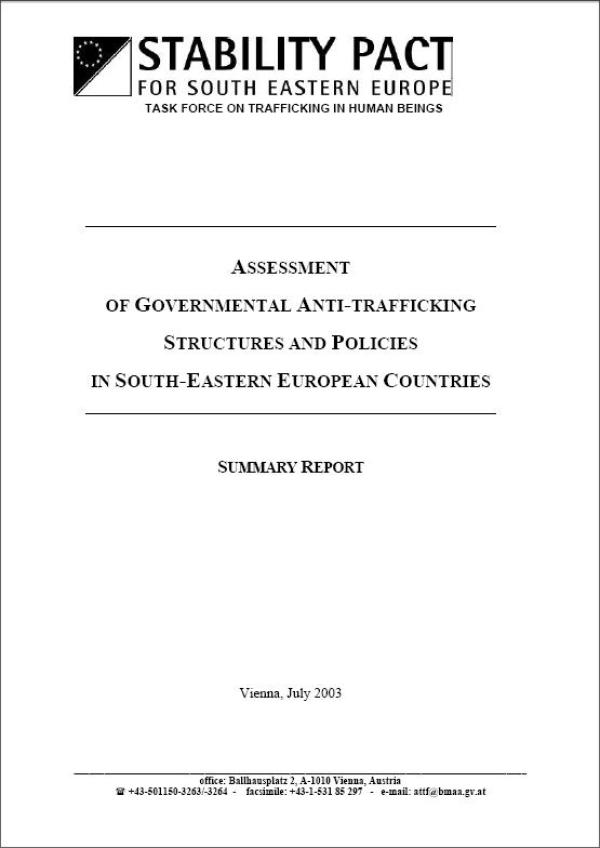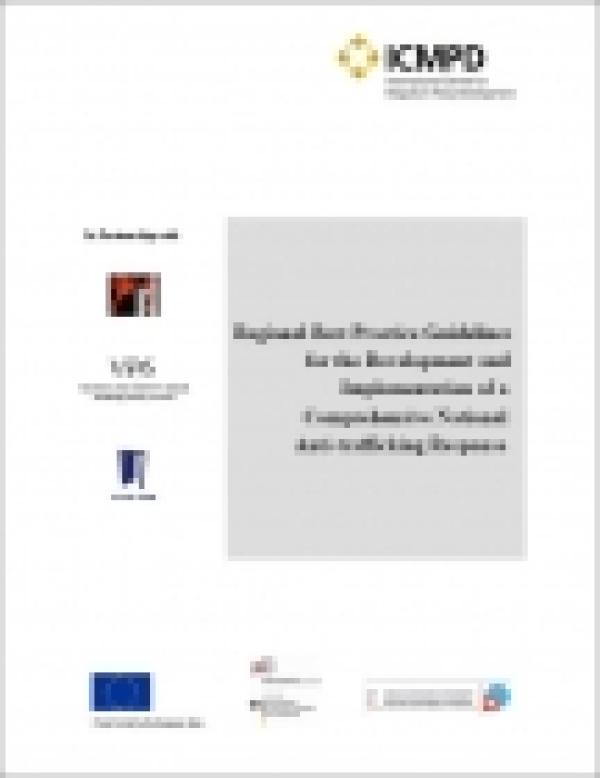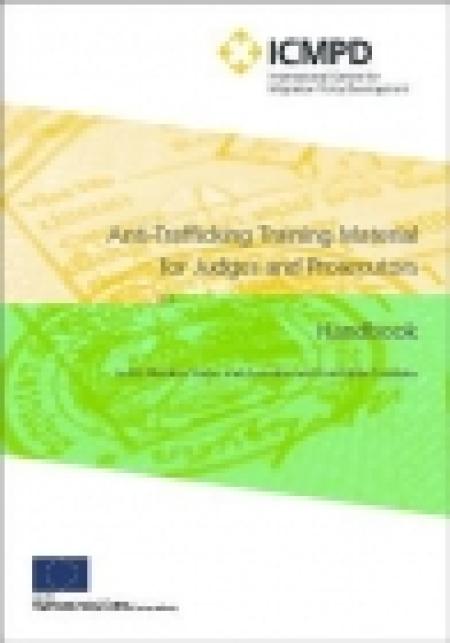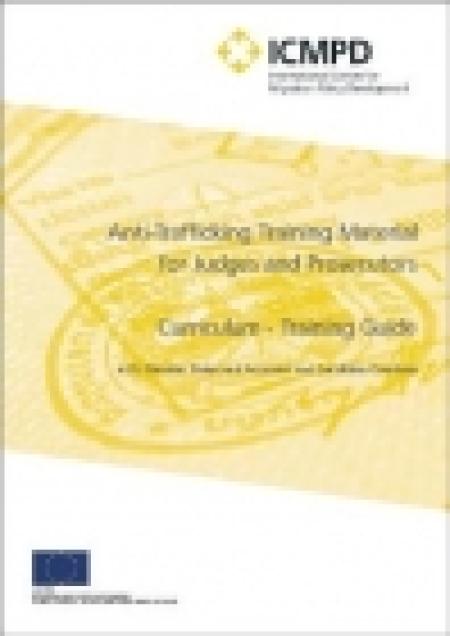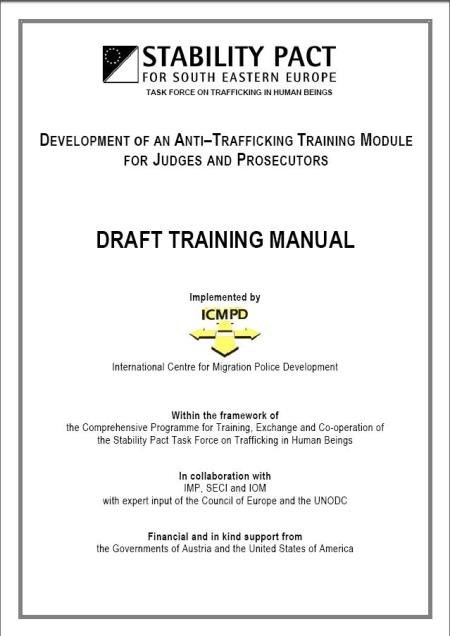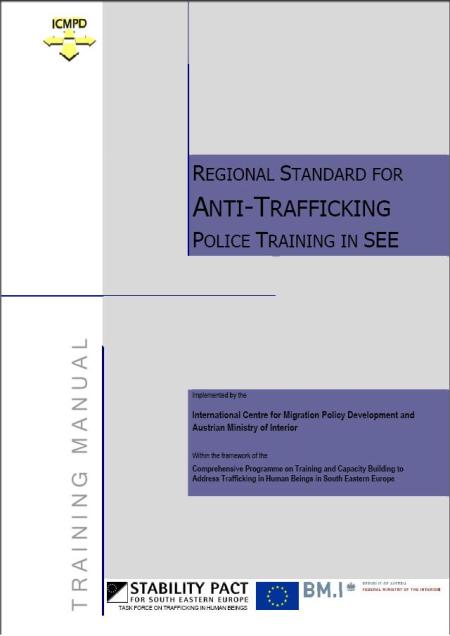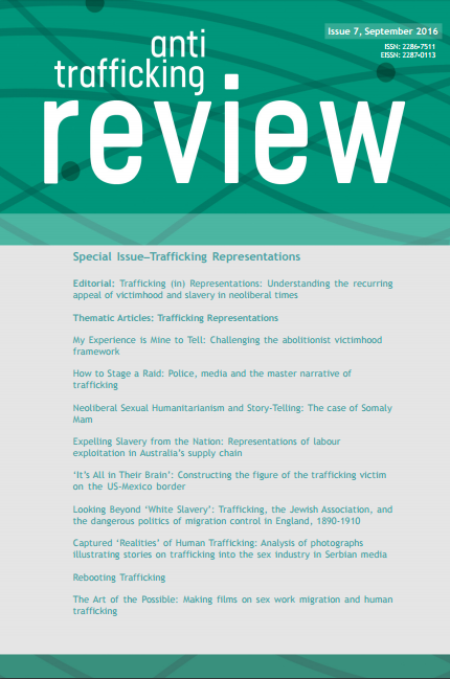
Anti-trafficking legislation and mechanisms are in place at national level in almost all 27 EU Member States, as well as at EU level. Social protection programmes for presumed and/or identified trafficked persons are provided by public and non-governmental organisations (NGOs) everywhere in Europe. A great variety of identification and referral procedures have been set up and relatively well honed skills have been developed on how to assist and support trafficked persons from the moment they first come into contact and throughout the process of supporting them in a country of destination, origin or transit. Are these anti-trafficking legislation, mechanisms and support measures really effective? Do they meet the needs of the trafficked persons who are assisted? Do they fully protect their rights as established by European and international human rights standards? Is legislation providing for the prosecution of human traffickers enforced and are the offenders convicted? Do victims have access to justice and compensation? Do States make significant efforts to prevent this hideous crime? These are just but a few questions that need proper answers in order to assess the efficiency and the effectiveness of the anti-trafficking work that is daily carried out by governments, NGOs and other actors in the field. Notwithstanding, the answers to these questions are rather difficult to find because no comprehensive, reliable, regular and independent monitoring and evaluation system is in place either in most EU Member States or at the EU level. Acknowledging the crucial role played by monitoring and evaluation of the anti-trafficking frameworks in place in each EU Member State to ensure the full protection of trafficked persons’ rights, Associazione On the Road (Italy), ACCEM (Spain), ALC (France) and La Strada International (Netherlands) – NGOs with long-standing experience in the anti-trafficking field – decided to lay the first foundation stones to define a shared and comparable methodology for NGOs to monitor and report on progress. The eventual aim of this work is, to establish a Europe-wide, permanent reporting mechanism that would allow the situation in different countries to be compared and which would be implemented by the NGO community, focussing on policies and interventions intended to stop human trafficking, exploitation and slavery in Europe and intending to enhance and support policies linked to the protection of and assistance for trafficked persons. In this full version the country reports are included in the national languages.


